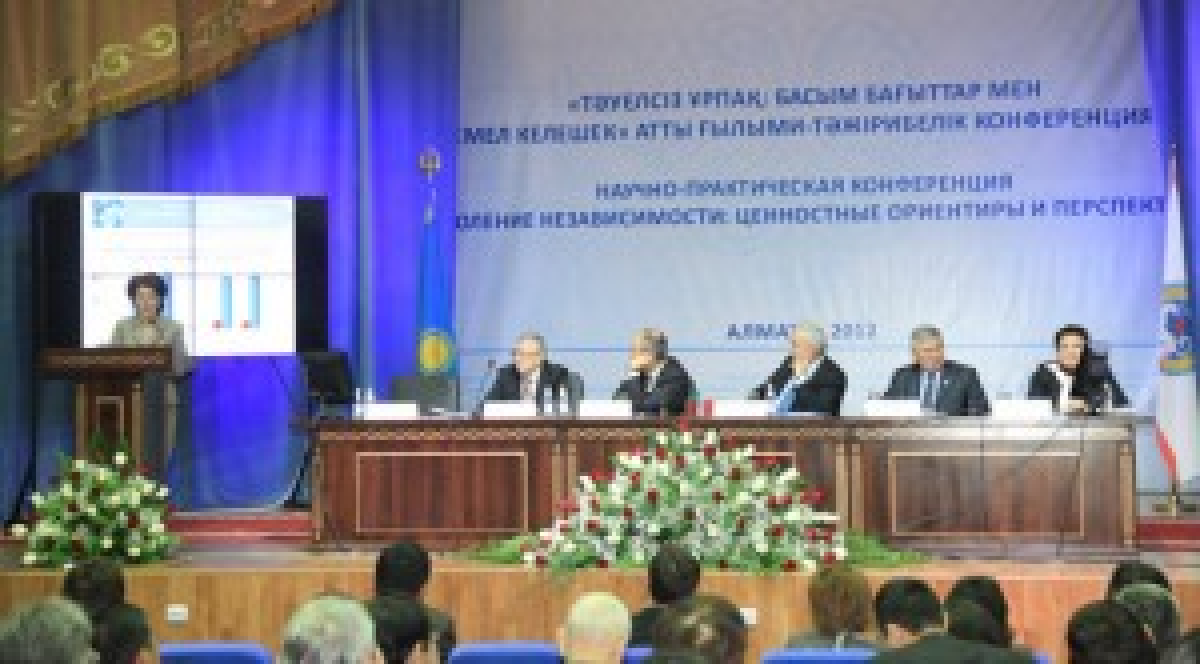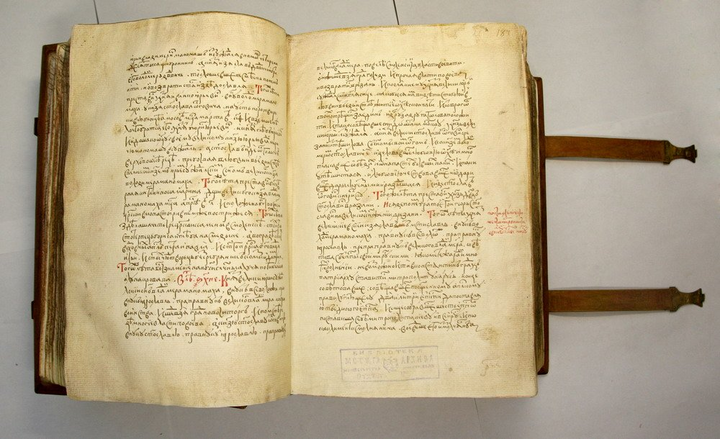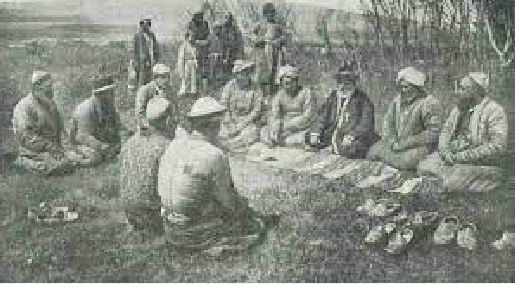
December 11, 2012 in the Concert Hall of the Republican State Enterprise (RSE) "Gylym Ordasy" scientific-practical conference on the theme: "Generation of Independence: valuable orientations and perspectives", dedicated to the Independence Day of the Republic of Kazakhstan. The event was organized by the regional executive authority of Almaty city, RSE "Gylym Ordasy", Kazakhstan Institute for Strategic Studies under the President of Republic of Kazakhstan (KazISS) and Institute of Philosophy, Political Science and Religion.
The local head of executive authority of Almaty Serik Seidumanov, CEO of RSE “Gylym Ordasy” Roza Karibzhanova, Bulat Karibzhanov,the director of KazISS under the President of Kazakhstan, the Rector of the University “Turan”, the President of the Association of Rectors of Kazakhstan Rahman Alshanov, academics of research institutes and universities, also activists of youth organizations attended the conference.
Participants of the event through the prism of sovereign Kazakhstan considered the development of youth policy of the country and discussed problematic issues of youth, as well as their solutions.
The Rector of the University “Turan” Rahman Alshanov said that there is a need to work more intensively with young people, to create conditions for their fulfillment and form the thirst for knowledge in young generation. “Achievements of Kazakhstan’s during the independence period are very considerable. However, we cannot stop only on those achievements. Future success of the state depends on the young generation. Unfortunately, very often we meet uncompetitive youth. If you do not have higher education and if you do not upgrade your skills constantly, you will not be successful”, - said R. Alshanov.
As well as, the director of the Institute of Philosophy, Political Science and Religion Zarema Shaukenova expressed the need for the formation of ideological consciousness of the young generation, based on ideologems such as patriotism, innovation and growth of country’s competitiveness by young professionals.
"Contemporary youth are extremely promiscuous inideological products. Meanwhile, there is a need for ideology among them. Contemporary youth are focused on achievement. So, we need to support them in this direction”, - said Z.Shaukenova.
The idea of formation of the ideological consciousness in young generation is supported by the Head of Youth Affairs of Almaty Sanjar Bokayev. Meanwhile, he offered to choose a social network as an instrument of ideological influence on young people.
“The ideological influence through television and radio in respect of the younger generation will not give effective results. As nowadays youth has moved to another way of communication. There are social networks, short message service and other”- said S. Bokaev.
In addition, participants
expressed concerns about the fact that the younger generation is the most
influenced by radical and extremist movements.
As the deputy director for scientific work KaISS under the President Lesya
Karataeva said, according to the latest data, the number of unemployed youth (people
aged 15 to 28 years) reaches 139,000 people it is 29.4% of the total
unemployed. According L. Karataeva, lack of employment in this group of people
can produce their negative mood and draw the attention of radical movements. The
impact of the radical movements may be a consequence of the participation of
the younger generation of terrorist groups. In this regard, L. Karataeva
expressed the need to pay attention to the problem of unemployment among young
people and to consider the introduction of religious studies curriculum
subject. At the same time, according to the Deputy Director for Research KaISS under
the President, need to be extremely attentive to the appointment of teachers of
the discipline in order to avoid cases of spread-wing extremist religious
movement among school students.
Summing up the conference, the participants of the event noticed that as part of the state youth policy it is necessary to improve the quality of teaching in higher education institutions. As well as actively shape the moral and patriotic values among the younger generation and to create favorable conditions for self-knowledge and self-development.



